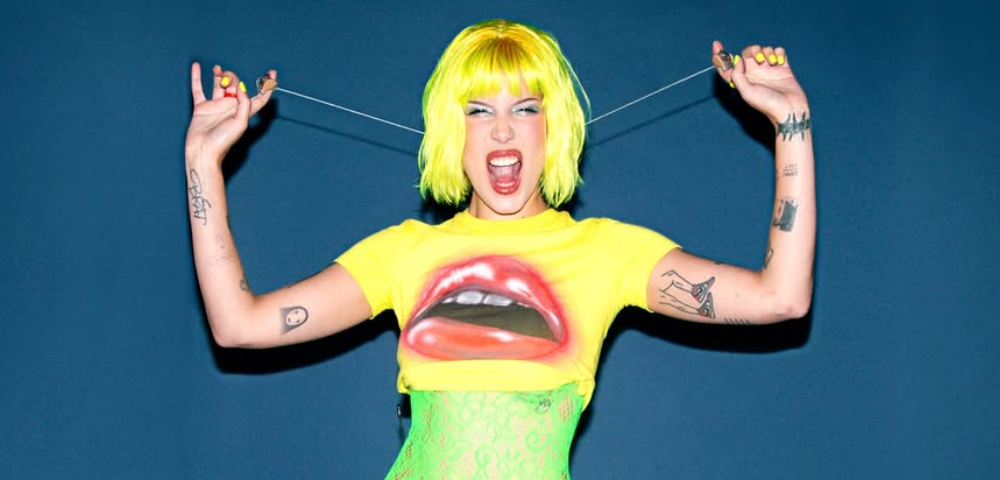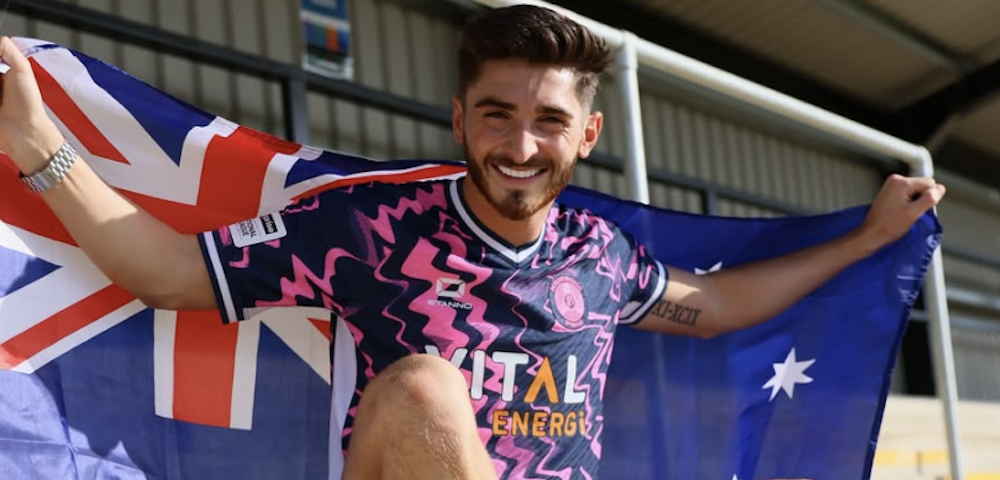
Melbourne Queer Film Festival celebrates 30 years
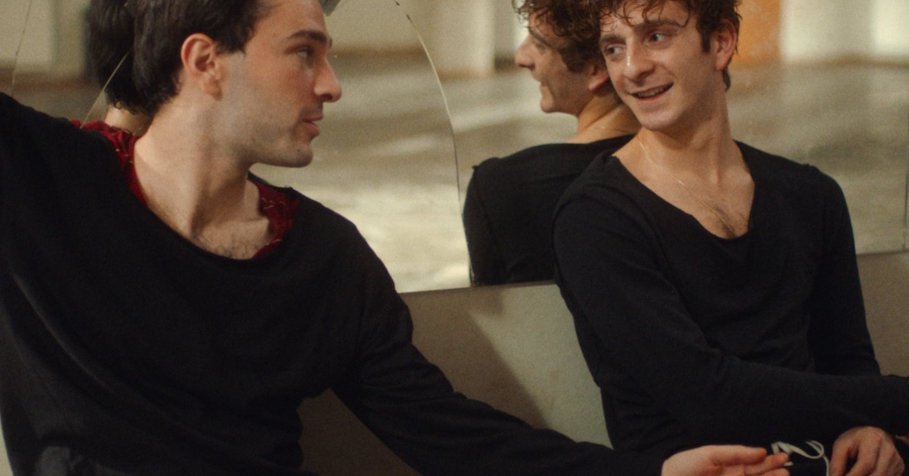
Now is the time for us to reflect on the fact that many other LGBTIQ communities around the world are yet to be afforded the same rights that we in Australia have fought so hard to win. Portraying these other realities is unquestionably queer cinema’s strongest virtue.
Last month, Star Observer reflected on 30 years of MQFF history. This month, we speak with festival director, Spiro Economopoulos, a man hell-bent on queer cinema, about his personal highlights from this year’s program, and what it means to ‘open up’ a festival – to give local audiences the opportunity to engage with stories outside their own canon.
“My background is as a film programmer and maker, and for a short time I also worked as a film reviewer. I’ve always loved movies, ever since I was kid,” explains Spiro. “As a community, one of the most potent and political things we can do is be visible, and the festival provides that for us, even if on the big screen.”
Spiro’s sentiments are reflected in MQFF’s new tagline – ‘We’re Stories in Every Colour’ –which speaks to the way the festival is striving for inclusion, community and celebration of LGBTIQ people.
“It’s an interesting program this year. A big chunk of the films aren’t from North America, which is amazing because generally films from this area have had quite a large representation. This year we are looking at films particularly from Latin speaking countries, but also from other parts of the world.”
“There are some interesting queer films coming out of South America and other countries, like this year’s centrepiece, And Then We Danced, from Georgia. This film has been met with lots of protest from its own country which is really against the representation of queerness, and I think that’s why it is really important for a festival like ours to showcase them.”
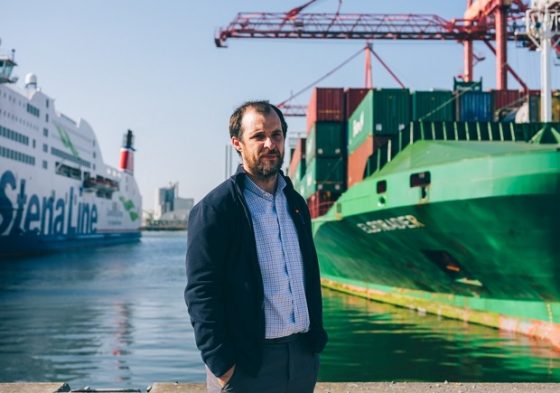
“We also have Rialto, by British director Peter Mackie Burn, which is about a 46-year-old dock worker in Dublin who is married with children but is secretly living a double life and becomes entangled and obsessed with a young male sex worker.”
For the first time in 27 years, the Mardi Gras Film Festival opened with an Australian Queer feature film, and I was curious as to whether an Australian film like Ellie & Abbie (and Abbie’s Dead Aunt) would be MQFF’s opening night film.
“I think Australian Queer Cinema is in a really interesting place right now, and we have an amazing Australian showcase this year. We would love to open with an Australian film, and even though we haven’t been able to do it this year, one Australian film I’m really proud will be screened at MQFF is Sequin In A Blue Room.”
Directed by Samuel Van Grinsven, Sequin In A Blue Room follows 16-year-old Sequin (his online handle) as he navigates the hedonistic world of anonymous hook-ups, sex parties, twinks and daddies in Sydney.
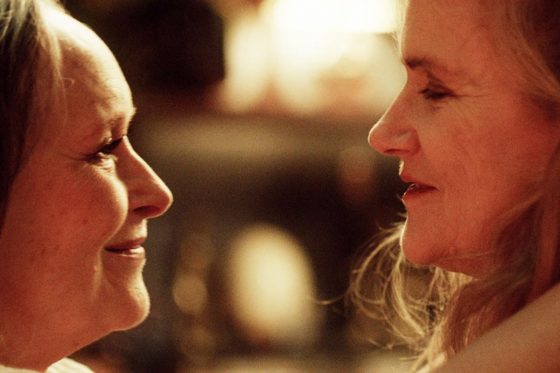
“While it’s a great time for Australian queer cinema at the moment, I want to see MQFF look at more under-represented countries within the world of queer cinema. We talk a lot about the hard-earned rights that we have won here in Australia, but the truth is when we look at other countries, it’s not so much the case.”
“One of the other films in this year’s program I really love is Two Of Us, from Belgian director Filippo Meneghetti. It’s about two elderly women who are secretly lovers, and their families believe they are just neighbours and don’t know they’re in a long-term relationship. The bond of these two women has been threaded by external forces, particularly the narrow mindedness of their immediate family, and there’s a real tension explored in this film.”
This year’s program also focuses on important, thought-provoking trans cinema, with MQFF proud to be screening Lingua Franca, the first film written, directed and starring a trans woman of colour.
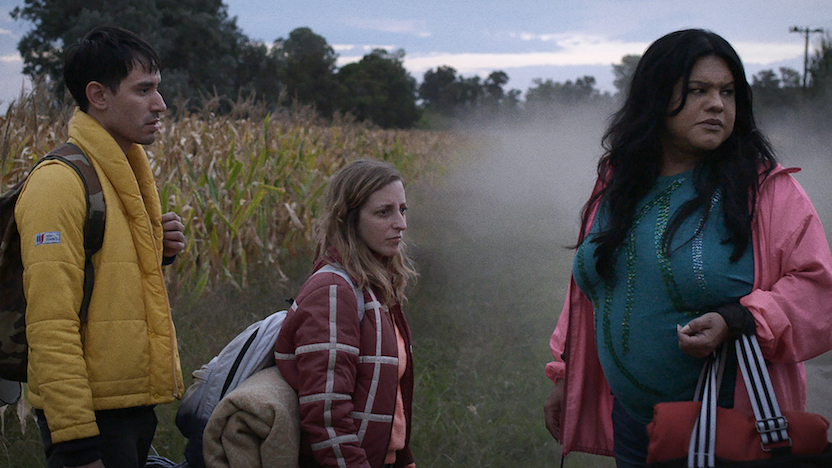
“We have another really great film from Argentina called Brief Story from the Green Planet, which won the Berlin Film Festival’s Queer Teddy Award. It is this very sweet movie like ET, but with a trans protagonist … I don’t want to give too much away, but it’s got a lovely tone.”
With a program of over 140 sessions encompassing Australian and International features, documentaries and shorts, along with a slew of Q&A sessions, workshops and parties that seek to unify and celebrate both LGBTIQ+ culture and queer cinema, the MQFF line-up offers something for all movie goers.
“The mainstreaming of queer cinema is having this fantastic follow-on effect,” concludes Spiro. “There’s really complex and diverse storytelling coming out, and we are seeing narratives we wouldn’t have generally seen ten or twenty years ago. For me personally, it’s so great to be here to see this happen.”
MQFF, Mar 12 – 23, full details at mqff.com.au




